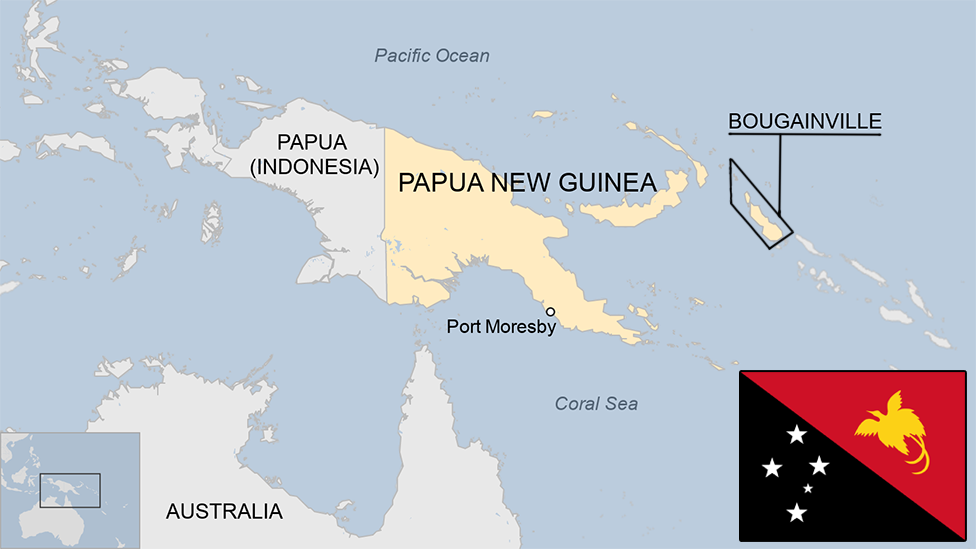Papua New Guinea: Hosting a regional summit in the least likely of locations
- Published
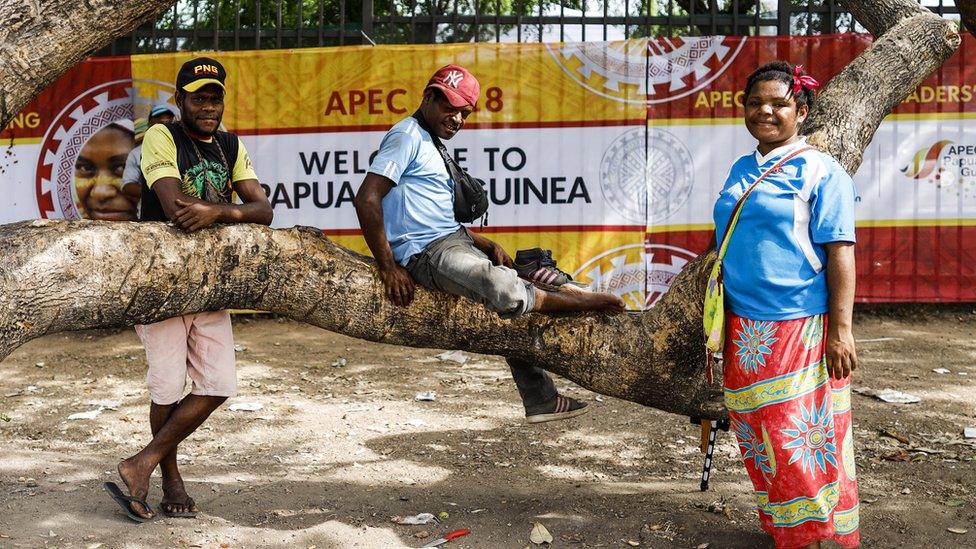
Most locals aren't exactly fans of the summitry
Papua New Guinea (PNG) might be the least likely place to spot world leaders shaking hands. But that's exactly what's happening over the next few days.
Notoriously dangerous Port Moresby is hosting the Asia Pacific Economic Co-operation (Apec) summit this week, and it's shaping up to be quite an unusual meeting.
Among the stranger features of the gathering: some of the thousands of delegates and media will be staying on cruise ships because of a lack of hotels, while a multinational security force has been assembled to keep the city safe.
But many locals have expressed frustration over millions of dollars spent on the gathering, including on luxury Maserati cars, at a time when the impoverished country faces many challenges.
All things considered there is intense anticipation about whether the Pacific country will be able to cope with such a huge international event.
What should we expect?
Apec bundles 21 countries from both sides of the Pacific and there are big names on the PNG ticket: China's President Xi Jinping, Japanese Prime Minister Shinzo Abe and US Vice President Mike Pence are all due to attend.
US President Donald Trump and Russia's Vladimir Putin will be missing, despite having attended last year's summit in Vietnam.
Overall, the 21 countries' representatives - together with a host of business delegates - make up some 15,000 attendees in total.
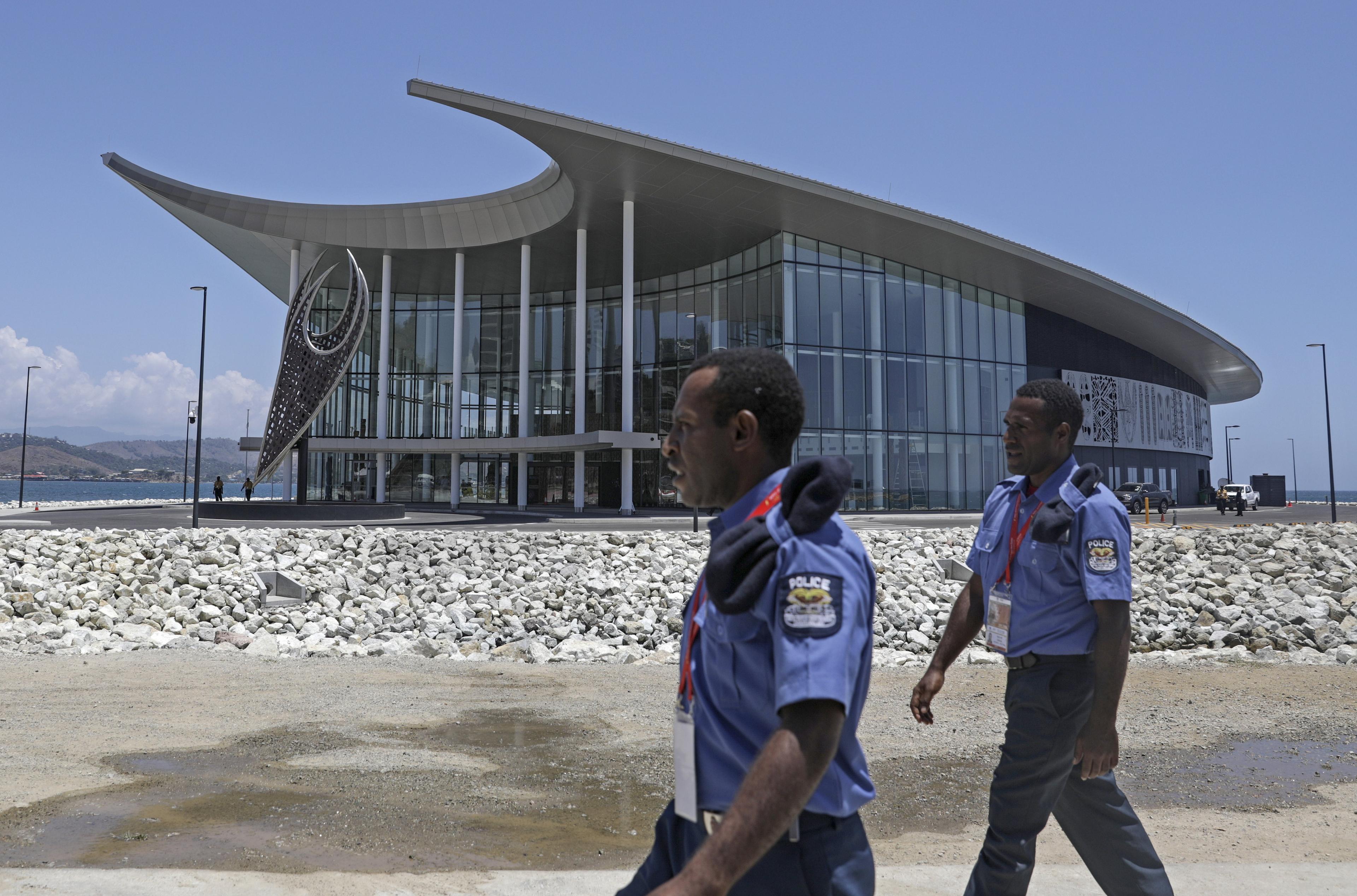
Port Moresby is under tight security for the summit
That's a lot of people for a city of 300,000, roughly half of whom live in squatter settlements.
Port Moresby is notoriously dangerous, known for rampant crime, corruption and street gangs.
Foreign journalists travelling to the summit are commonly warned by their local co-ordinators stick to a 1700 curfew. It's deemed to be too dangerous to be out after that time.
International troops
It is no surprise then that in the run-up to the event, the summit's unlikely location has largely overshadowed news about the actual agenda.
So how does PNG plan to stage an event like this? With a little help from its friends. That's mostly Australia, the US and New Zealand.
All three countries have sent special forces to make sure that attendees will be safe.
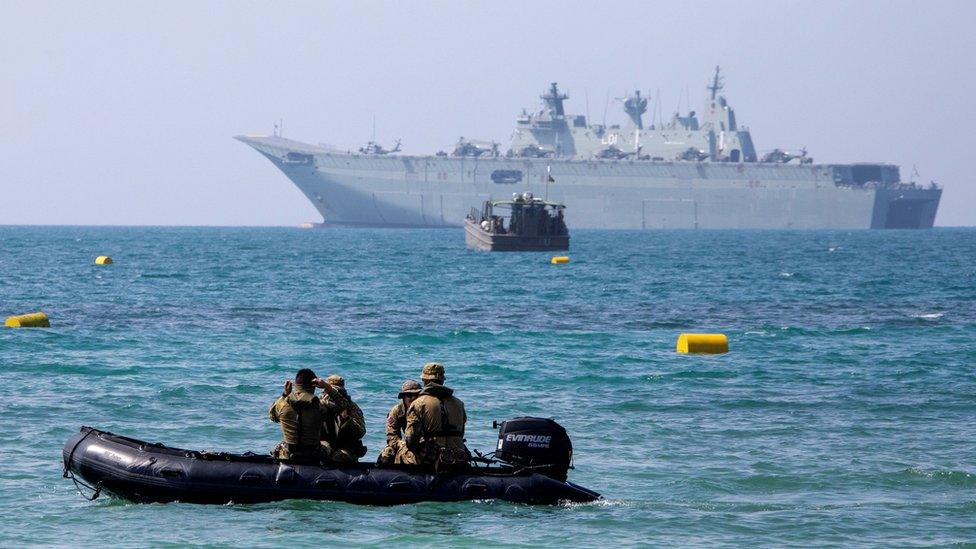
Ships from Australia, New Zealand and the US are patrolling the waters
That means the place is swarming with foreign military and the harbour is packed with military vessels.
Australia has even sent a helicopter carrier, fighter jets and a surveillance aircraft.
Cruise ships turned hotels
Accommodation is the next problem. How to house the thousands of delegates?
In addition to the city's hotels, there are three cruise liners moored in the harbour for delegates and the media to stay at, and they will also host some of the events.
But despite the security, that's still not safe enough for Vice President Pence. He will be staying in Cairns, Australia.
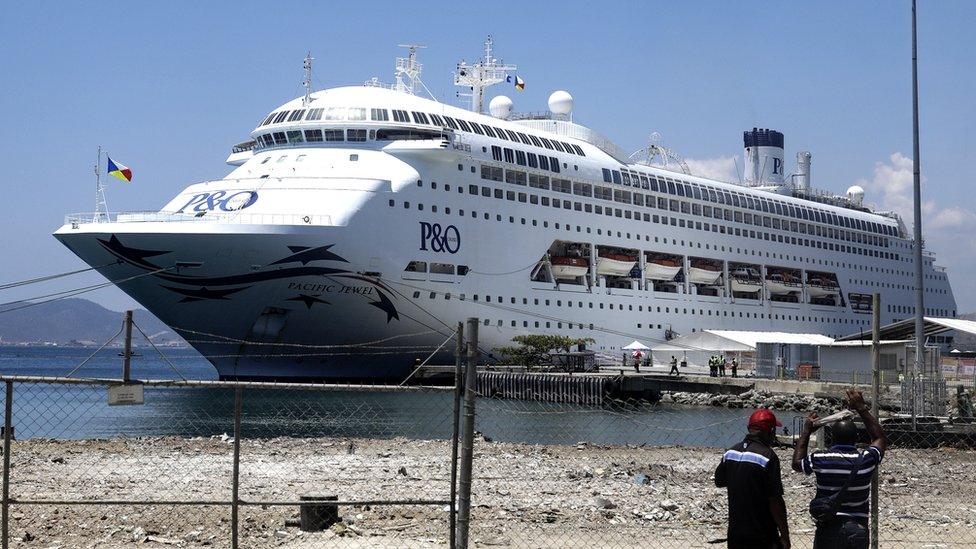
How about this for a safe hotel option?
It's an 850km (520-mile) commute to the summit but apparently still deemed a better option than for Mr Pence to stay in the host city itself.
Why PNG?
Port Moresby was ranked the fifth least liveable city in 2018 by the Economist Intelligence Unit, and the country is the poorest member of the Apec grouping.
About 40% of the population are living on less than $1 a day, according to the UN, and in June the government declared a national public health emergency after an outbreak of polio.
Take all this, add the security problem and you will probably wonder why PNG was chosen to host a summit of this level in the first place.

Local security will get massive international help
The decision was taken five years ago, at a time when the country was going through a boom period and things were looking up.
But in 2014, the price of oil collapsed by half, negatively affecting the energy sector and bringing economic momentum to a brutal halt. Yet the decision on the summit venue had already been made.
Officials in Port Moresby are quick to say the event will lift the country's international standing and bring in investment and trade deals, things that PNG dearly needs.
But that narrative has failed to convince many people in the country.
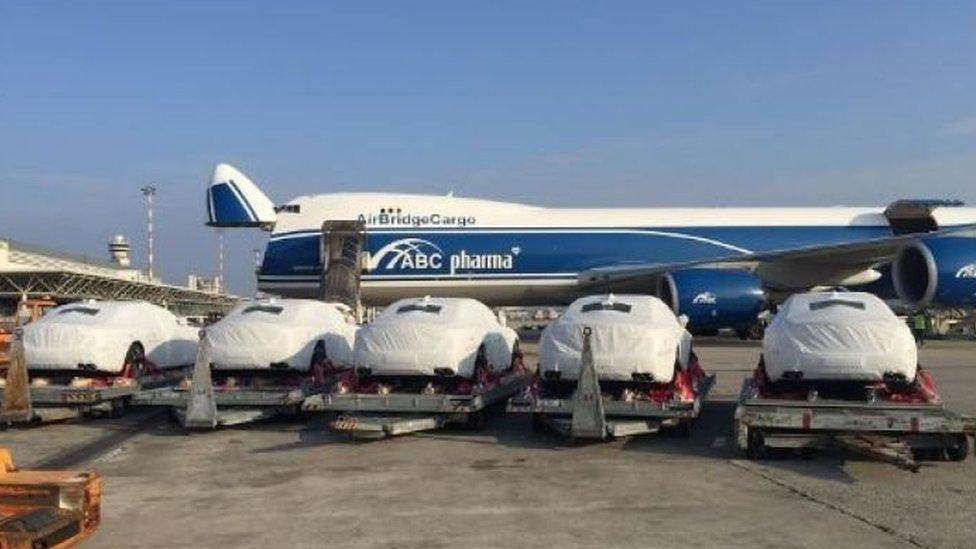
Are 40 Maseratis simply standard for a global summit?
Already doubtful that the one-week summitry blitz was really a good idea, their scepticism wasn't exactly helped when the government bought some 40 luxury Maserati cars for the summit.
Faced with a wave of criticism, authorities have defended the super cars, saying they will be sold again after the event and won't add to the bill.
Yet with each one coming with a price tag of more than $100,000 (£75,000), many are wondering whether that money wouldn't have been better invested in one of the country's many more urgent problems.
- Published12 October 2018
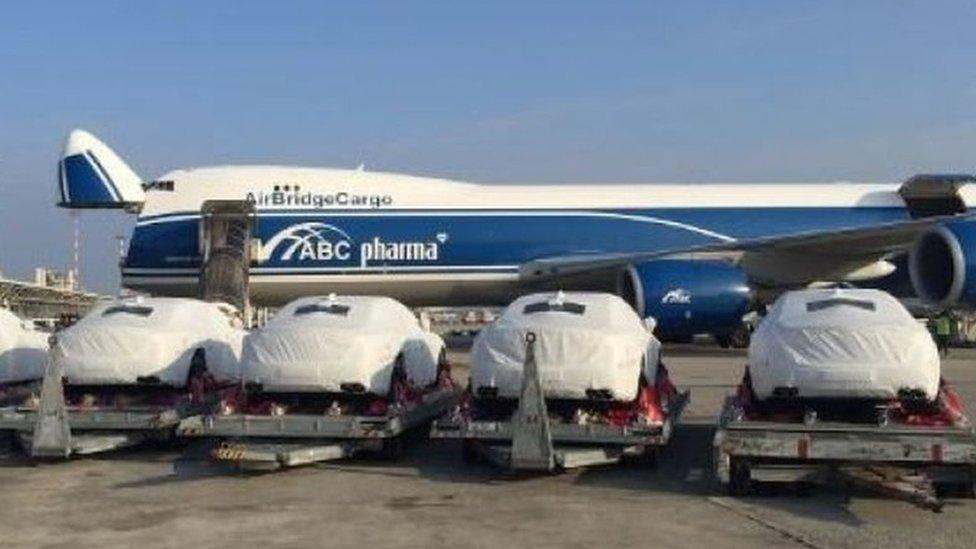
- Published27 September 2018
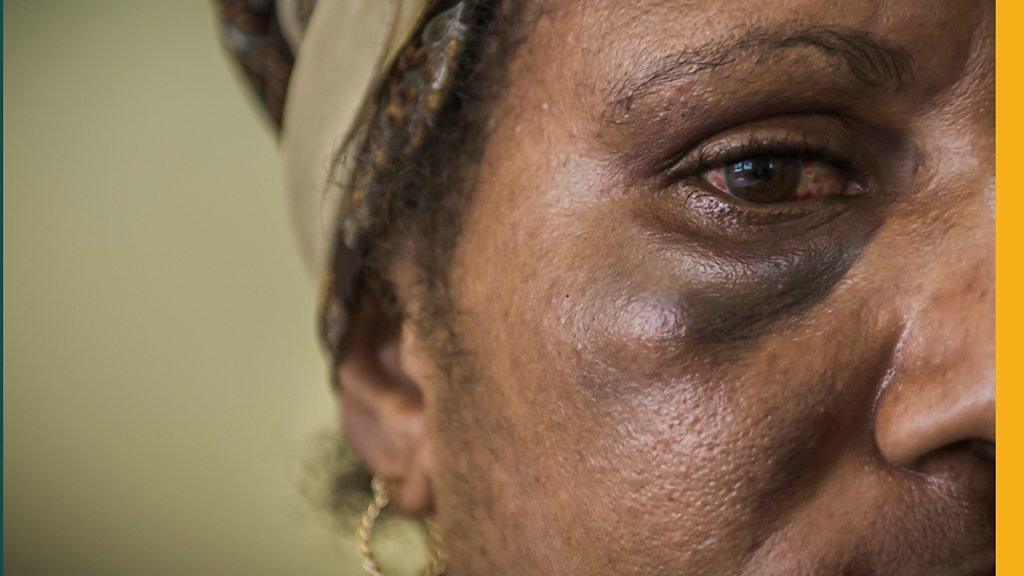
- Published26 June 2018
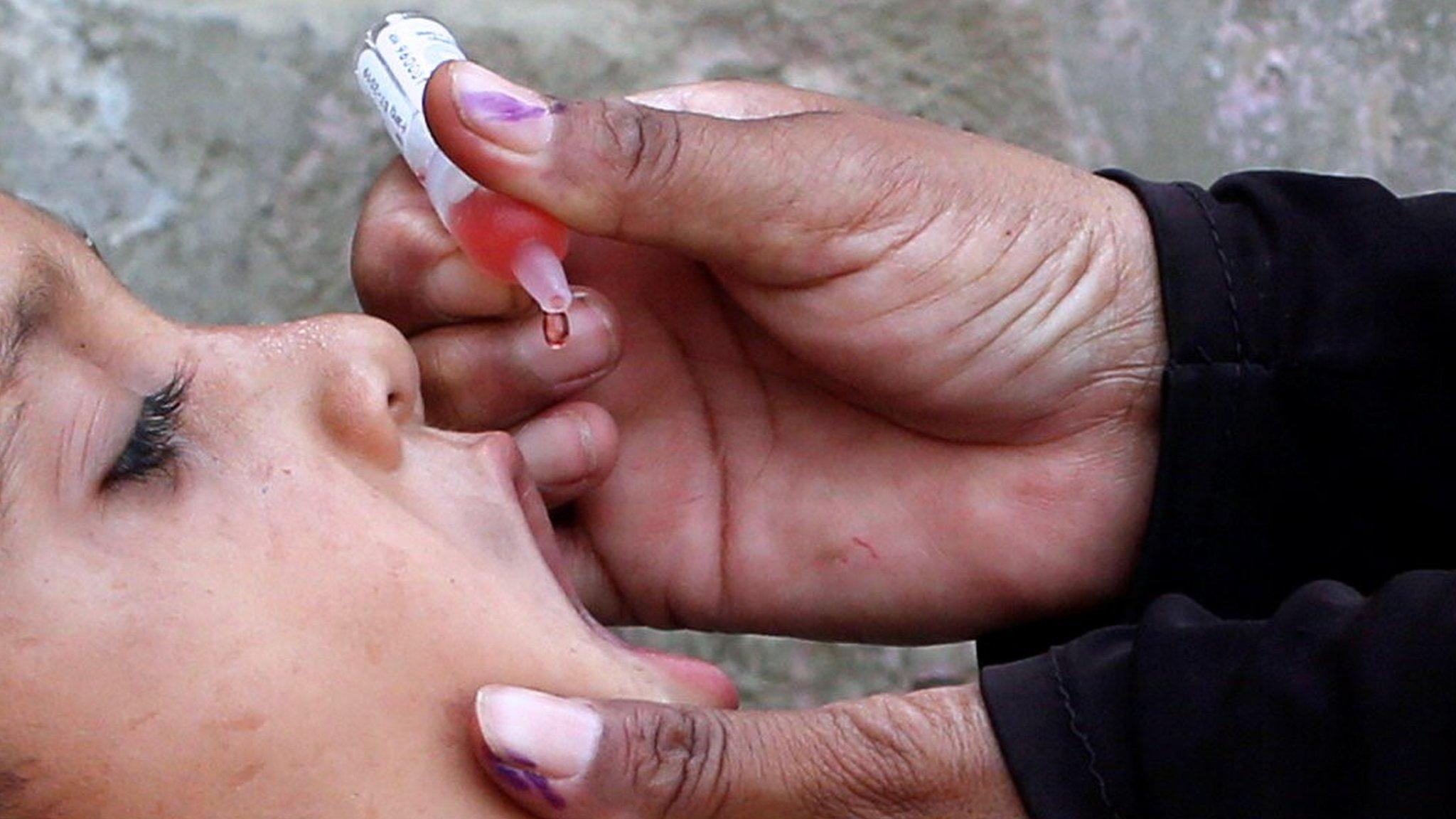
- Published19 December 2023
